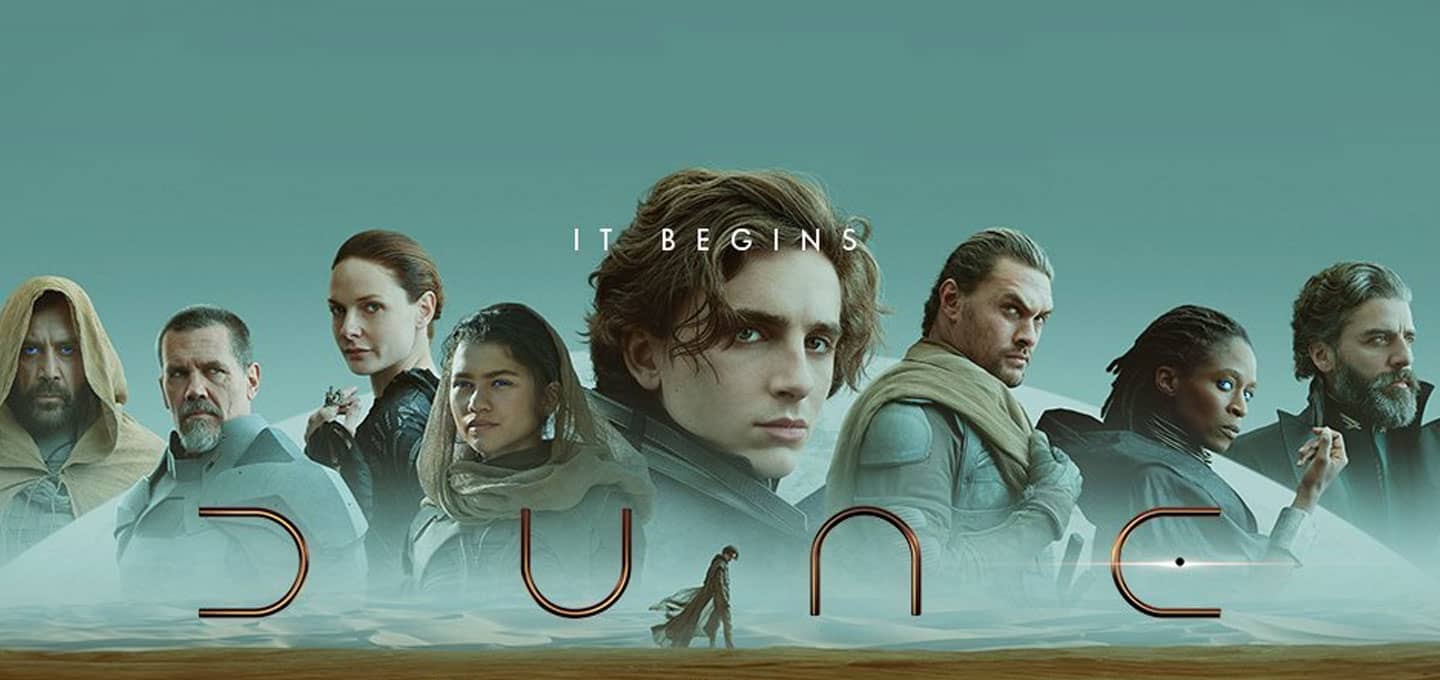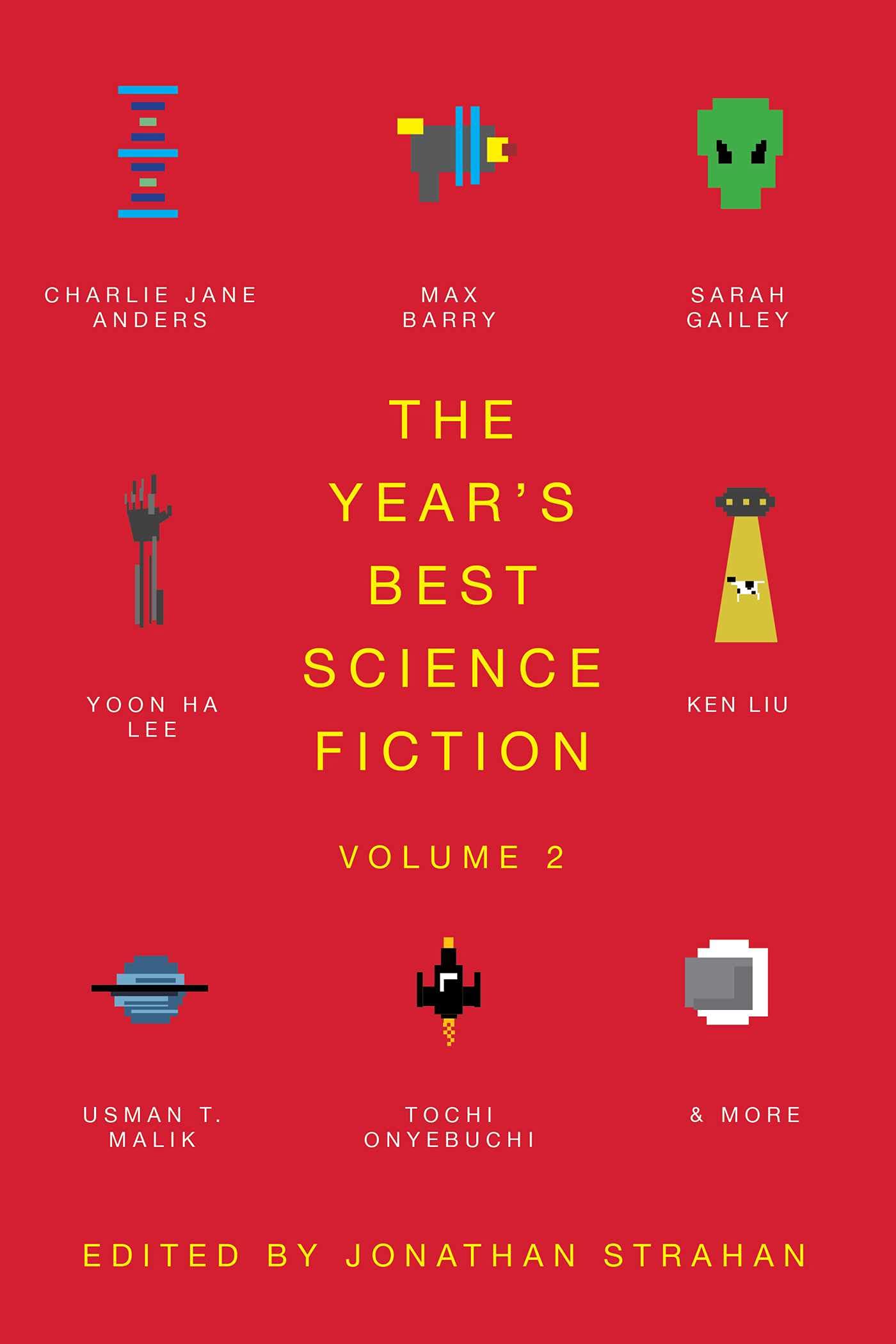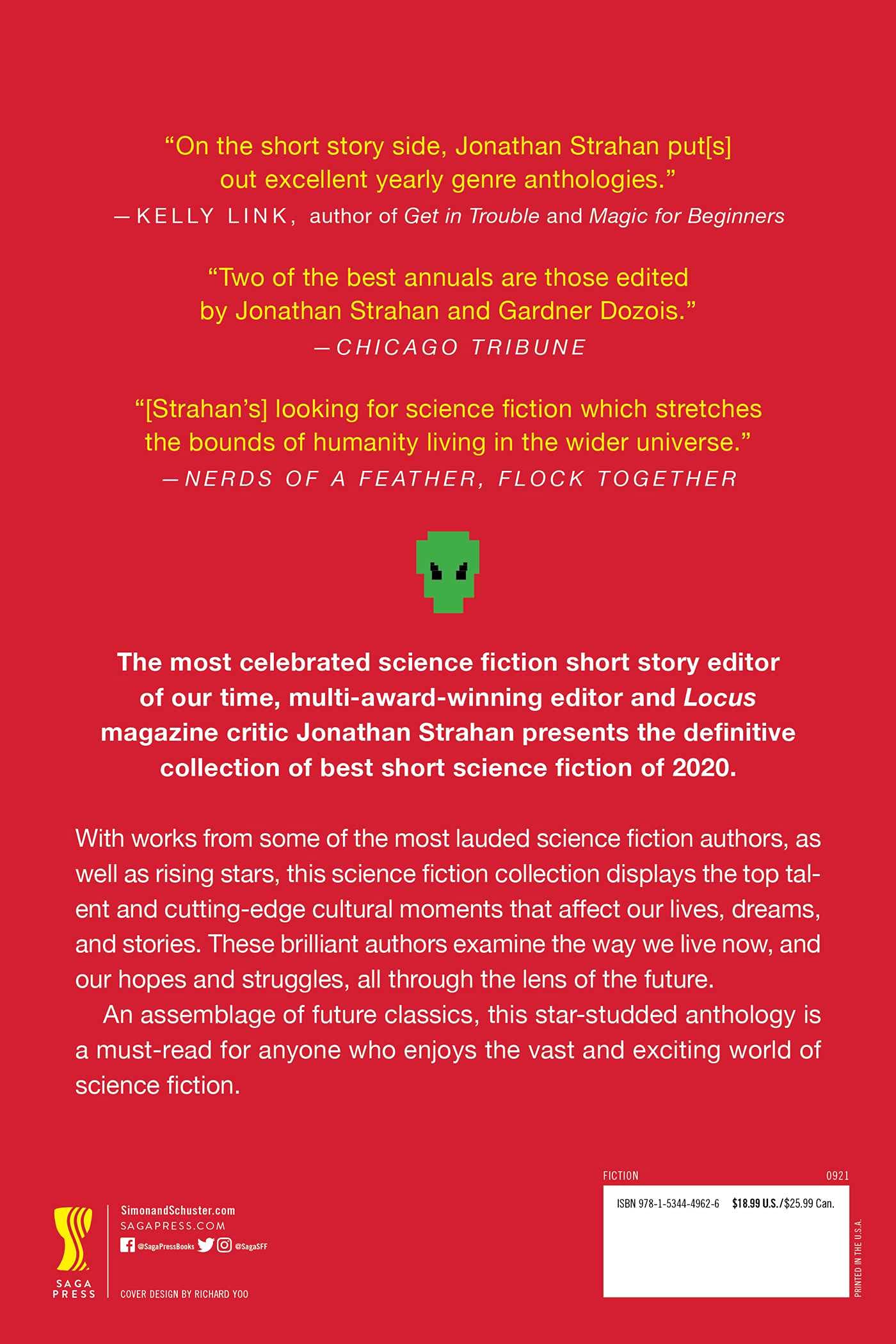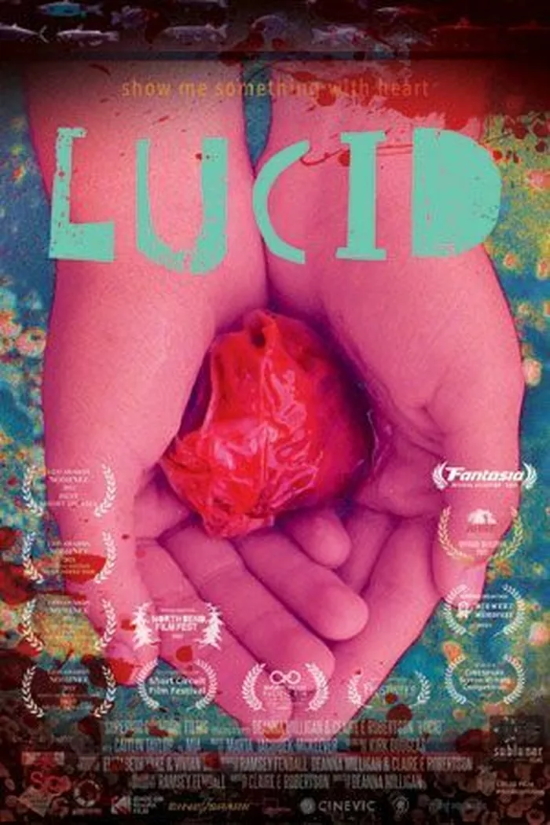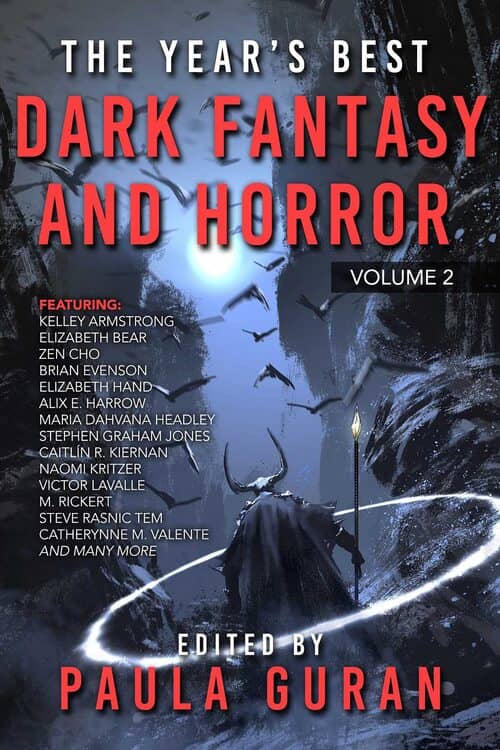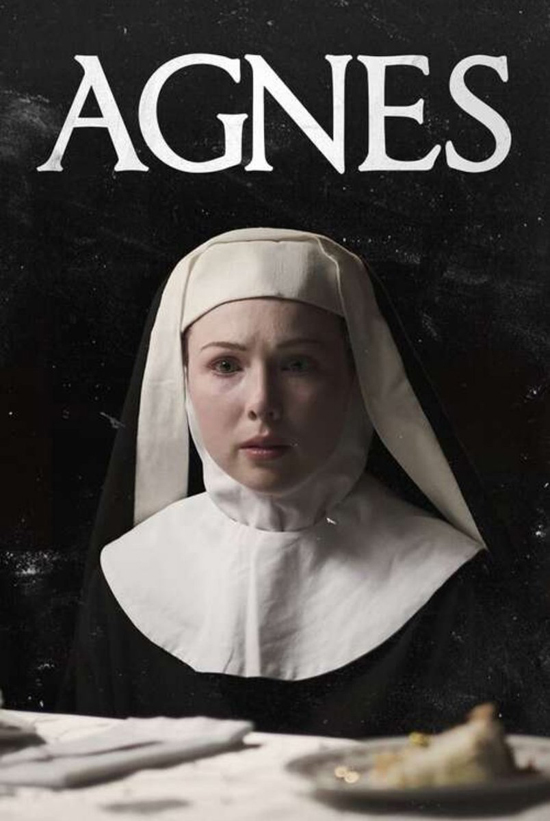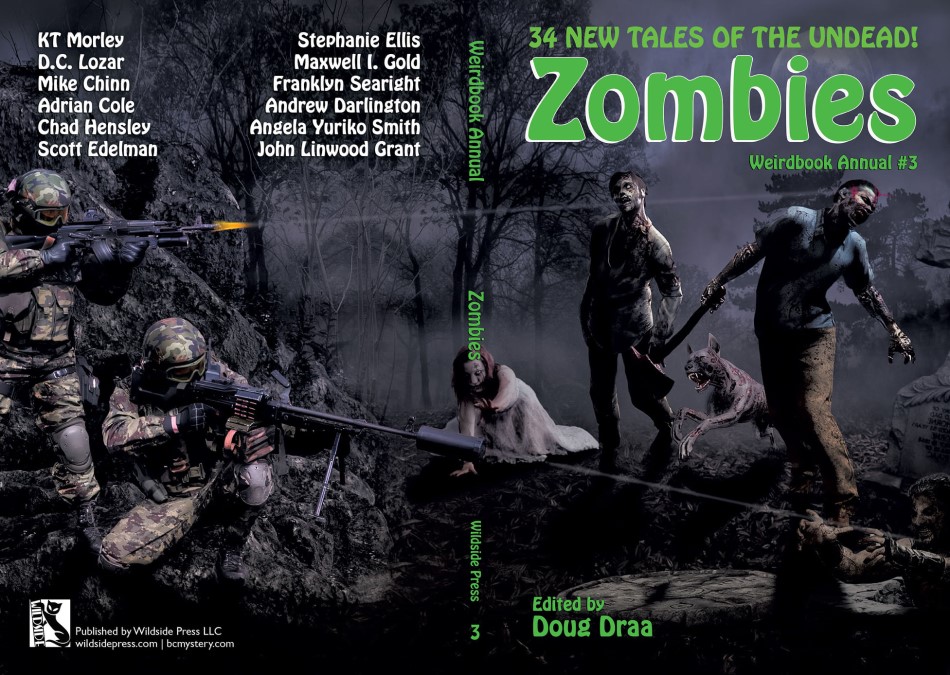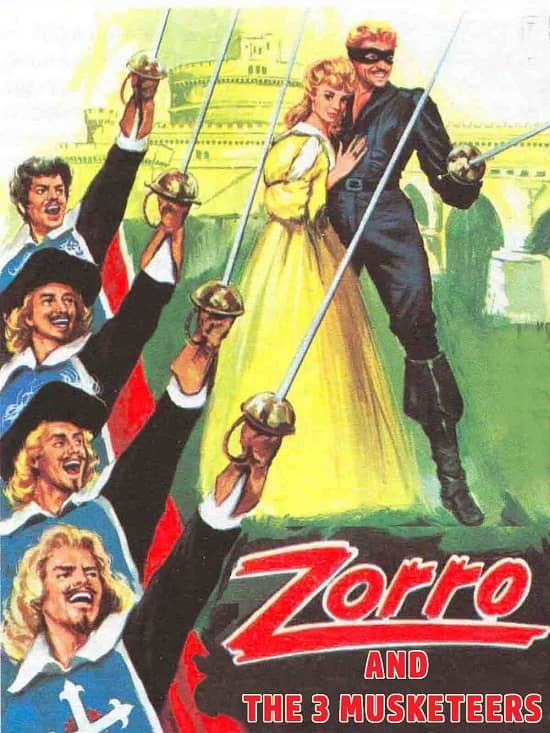Fantasia 2021, Part IL: Things That Go Bump In the East 2021 short film showcase
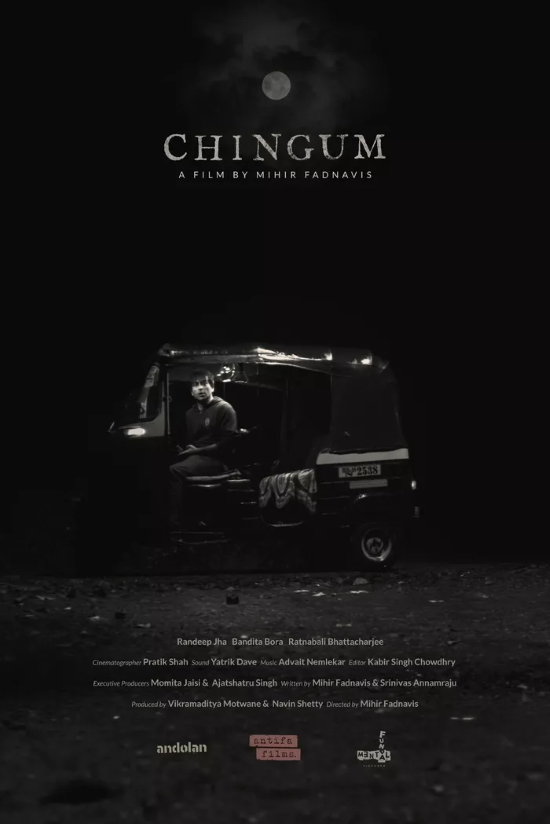 Things That Go Bump In the East 2021 was this year’s iteration of Fantasia’s regular showcase of short genre films from Asia. This year brought a collection of eight films from six countries, including the US (“for a dash of diasporic bedevilment,” as the Fantasia program notes observed).
Things That Go Bump In the East 2021 was this year’s iteration of Fantasia’s regular showcase of short genre films from Asia. This year brought a collection of eight films from six countries, including the US (“for a dash of diasporic bedevilment,” as the Fantasia program notes observed).
It started with “Chewing Gum” (“Chingum”), from India. It’s an 18-minute piece directed by Mihir Fadnavis, who co-wrote with Srinivas Annamraju. One stormy full moon night, a deceitful man boards a train. But something’s in there with him. And it demands a kind of tribute: chewing gum. He flees, and the monster pursues, and the farther he goes, by whatever means of transport, the faster it follows. This is an incredibly well-done film in black-and-white — mostly black, in fact, as Pratik Shah’s cinematography covers the screen in gorgeous shadows, pushing the classic horror atmosphere. I’ll note that I’ve seen an intriguing review (confirmed by an official synopsis of the film for another festival) that points out a political subtext I didn’t catch; it’s another layer to a stunningly well-crafted spooky film about a supernatural nighttime pursuit, with a subtle soundtrack and a splendid build.
